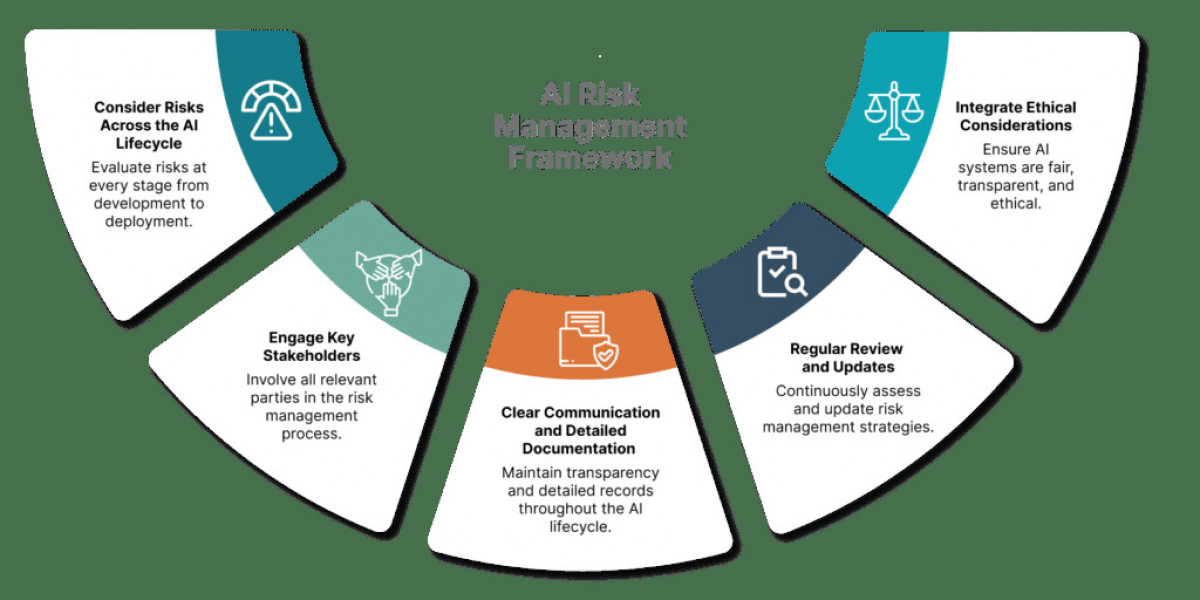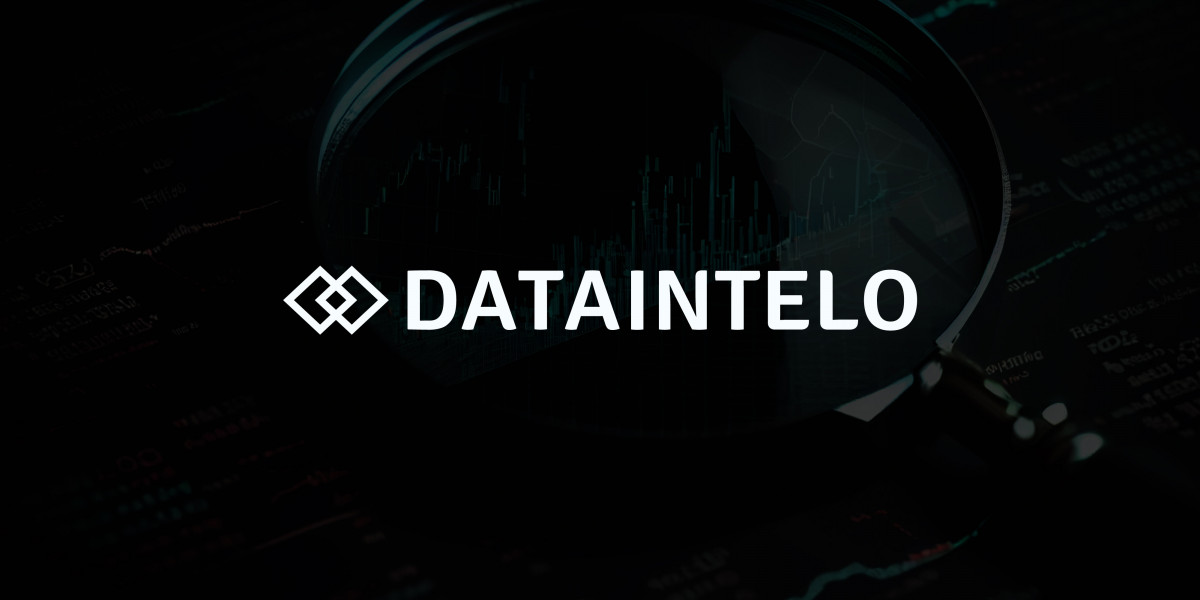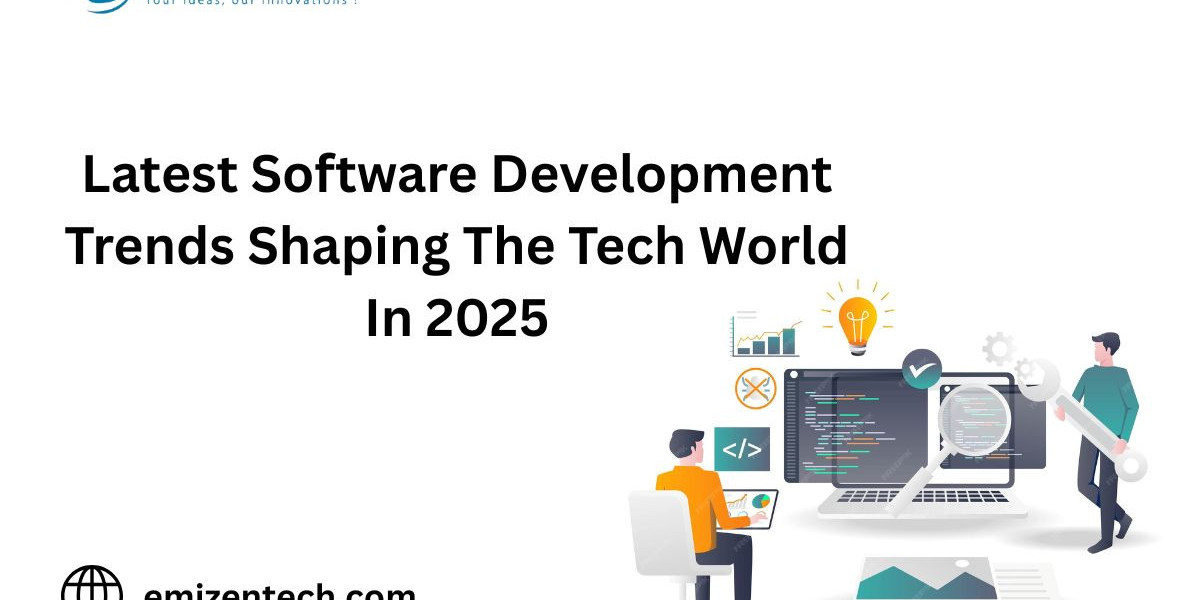Artificial Intelligence (AI) is transforming industries across the globe, and project management is no exception. With AI-driven tools offering predictive analytics, automation, and real-time insights, managing risks in projects has reached new levels of sophistication. However, adopting these technologies also brings challenges. To remain competitive and relevant, professionals must upgrade their skills and knowledge. That’s why pursuing a Certified Project Manager (CPM) certification with professional recognition has become increasingly vital, as it prepares leaders to adapt effectively to the evolving AI landscape while mastering the art of project risk management strategies.
Understanding Project Risk Management in the Age of AI
Project risk management is not only about identifying potential threats but also about proactively implementing solutions to mitigate or eliminate them. With AI, managers can predict problems before they occur, allowing businesses to stay on track with timelines and budgets. For example, AI can analyze large datasets to detect early warning signals of potential delays or cost overruns.
In this new era, project risk management strategies must be flexible, technologically informed, and globally aligned. This is where institutes like AIMS Education play a pivotal role by equipping project managers with practical skills tailored to modern challenges.
Why AI is Reshaping Risk Management
The influence of AI in project risk management is undeniable. Below are some reasons why AI-driven systems are transforming traditional approaches:
Data-driven predictions: AI analyzes project histories and industry benchmarks to predict risks.
Process automation: Routine risk assessments are streamlined through automation.
Resource optimization: AI identifies bottlenecks and allocates resources efficiently.
Enhanced communication: AI-powered tools improve collaboration by centralizing project data.
The combination of these benefits ensures that managers are not reacting to risks but staying two steps ahead.
7 Key Project Risk Management Strategies in the AI Era
1. Leverage Predictive Analytics
Predictive analytics uses AI algorithms to forecast risks based on historical and real-time data. By doing so, project managers can anticipate challenges related to timelines, budgets, or resources and create contingency plans well in advance.
2. Enhance Cybersecurity Awareness
As projects increasingly rely on digital platforms, cybersecurity threats are growing risks. AI tools can help detect vulnerabilities, but managers must also implement strong policies and training to protect sensitive project data.
3. Build Agile and Flexible Frameworks
Traditional project management methods often struggle to adapt to fast-paced changes. By combining agile methodologies with AI insights, managers can create adaptable frameworks that evolve as new risks emerge.
4. Improve Stakeholder Communication
AI-powered dashboards and reporting tools allow managers to deliver transparent updates to stakeholders. This minimizes misunderstandings, increases trust, and ensures timely decision-making.
5. Focus on Human-AI Collaboration
AI can process and analyze data, but human judgment is still essential for interpreting results and applying them in real-world scenarios. A balance between human expertise and AI efficiency is critical.
6. Prioritize Continuous Learning
As AI technologies evolve, project managers must continuously update their skills. Enrolling in AIMS UK globally accredited online programs ensures professionals remain at the forefront of industry standards, combining theoretical knowledge with practical applications in AI-driven risk management.
7. Integrate Ethical Risk Considerations
AI adoption introduces ethical risks, such as bias in algorithms or over-reliance on automated decisions. Project managers must establish ethical frameworks and ensure AI systems are transparent, fair, and accountable.
The Role of AIMS Education in Developing Future-Ready Project Managers
AIMS Education has been a pioneer in offering online programs that prepare professionals for the challenges of tomorrow. Their globally accredited programs are specifically designed for individuals who want to strengthen their expertise in risk management, project leadership, and AI integration. With practical training and international recognition, AIMS ensures that project managers can effectively apply modern project risk management strategies in diverse industries.
Case Study: AI Risk Management in Large Engineering Projects
In large-scale engineering projects, risks are amplified due to their complexity and scale. AI tools are being used to simulate construction outcomes, predict supply chain disruptions, and optimize resource distribution. While AI provides critical insights, trained project managers are essential to interpret these predictions and implement them effectively.
This is why education programs focusing on advanced project risk management strategies are invaluable. Graduates from institutions like AIMS stand out as leaders who can balance technological innovation with practical execution.
Future Outlook: AI and Global Risk Management
The integration of AI into project management will continue to accelerate. We can expect AI to become more sophisticated in identifying interconnected risks across multiple projects and industries. Managers who stay updated with these advancements will not only minimize risks but also maximize opportunities for innovation.
By gaining certifications and undergoing specialized training, project managers can remain future-ready. Institutions like AIMS are central to this journey, offering the right blend of theory, practice, and technology-driven learning.
Conclusion: Preparing for the Future of Project Risk Management
The AI era demands that project managers move beyond traditional risk management approaches. By leveraging predictive analytics, enhancing cybersecurity, building agile systems, and continuously learning, professionals can lead with confidence in the face of uncertainty.
Programs such as the Certified Project Manager (CPM) certification with professional recognition give managers the tools and credibility needed to thrive in this new environment. Additionally, advancing skills through AIMS UK globally accredited online programs ensures global competitiveness.
Ultimately, adopting the right project risk management strategies allows professionals to not only address threats but also unlock opportunities for innovation. For those seeking practical insights into how these principles apply in real-world contexts, exploring an overview of engineering project management offers valuable direction. By combining AI capabilities with professional expertise, project managers can secure sustainable success in the years ahead.







